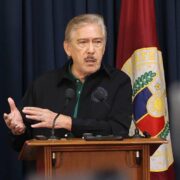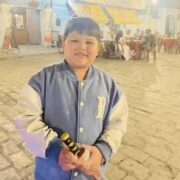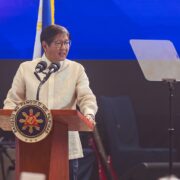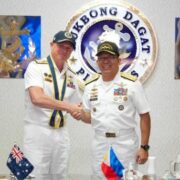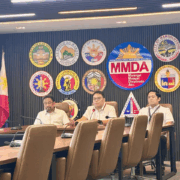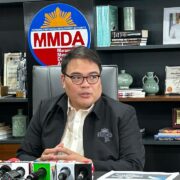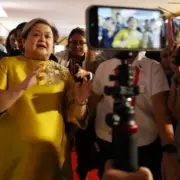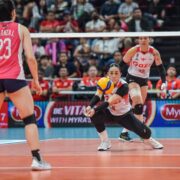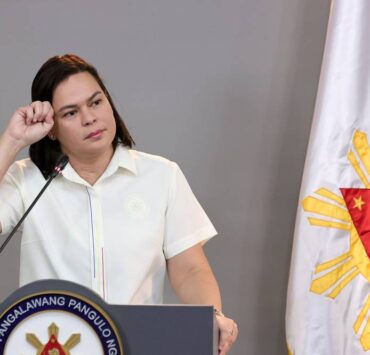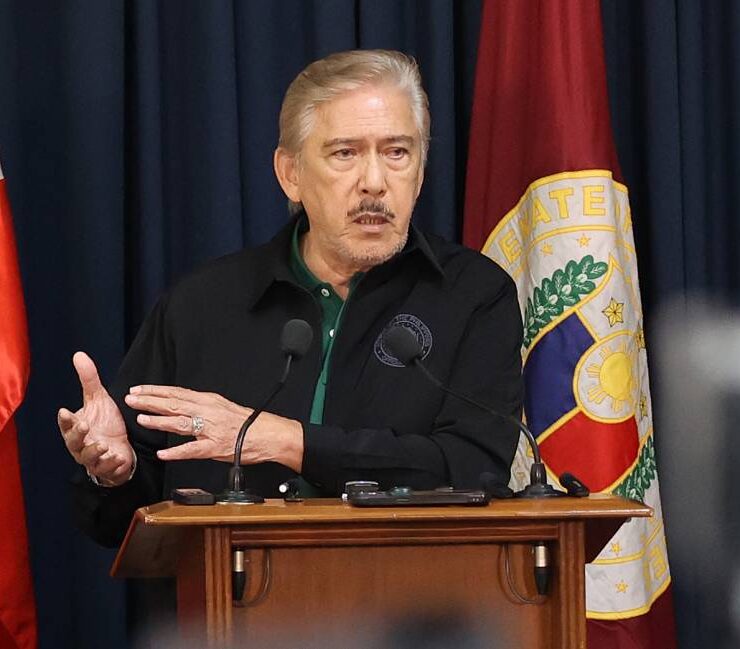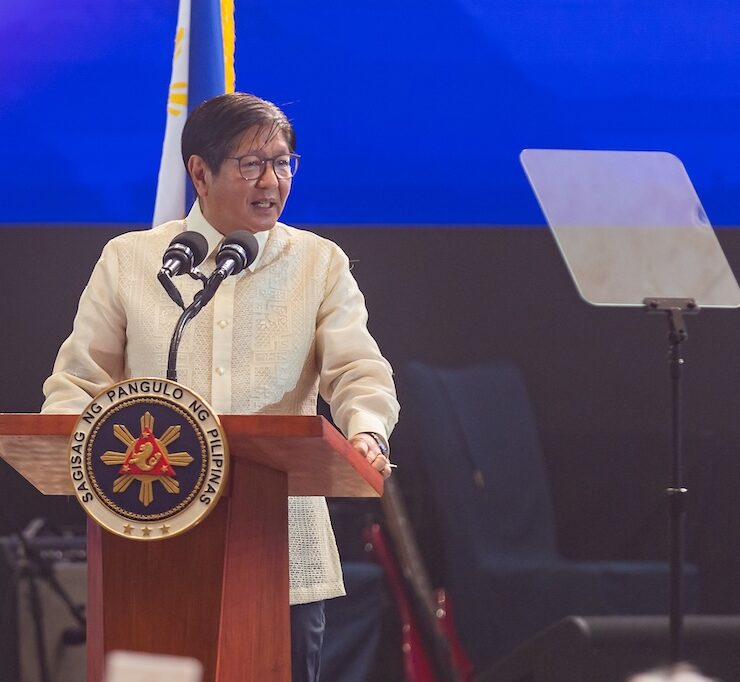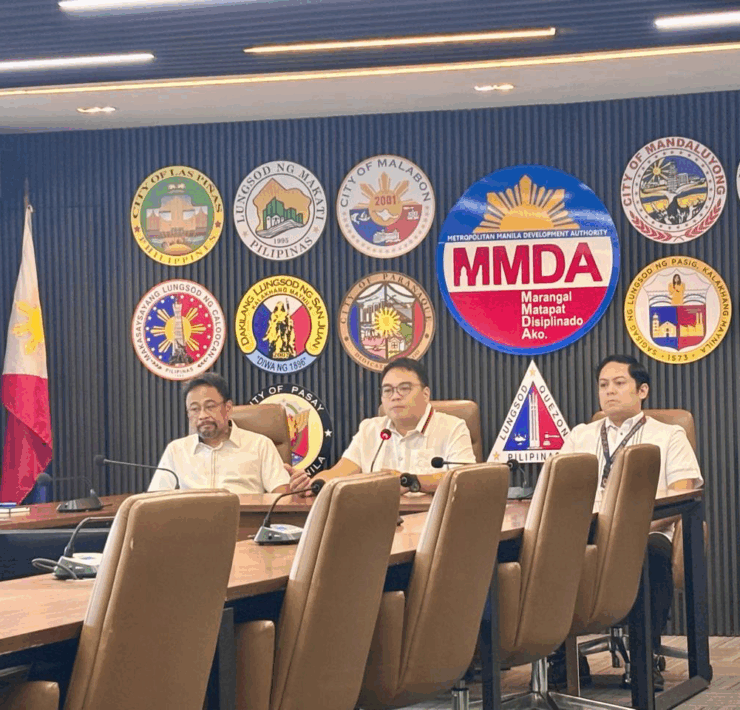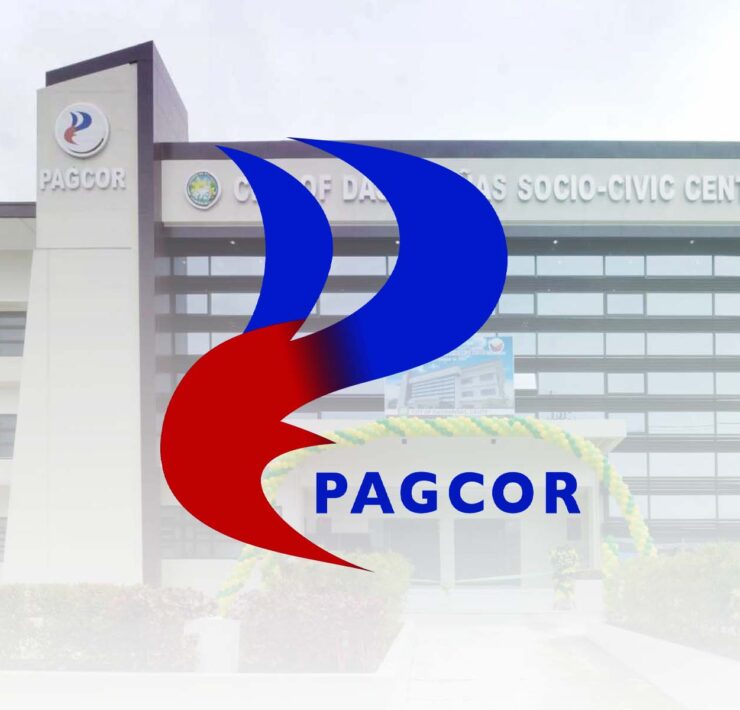Francisco ‘Dodong’ Nemenzo Jr., ex-UP president, activist; 89
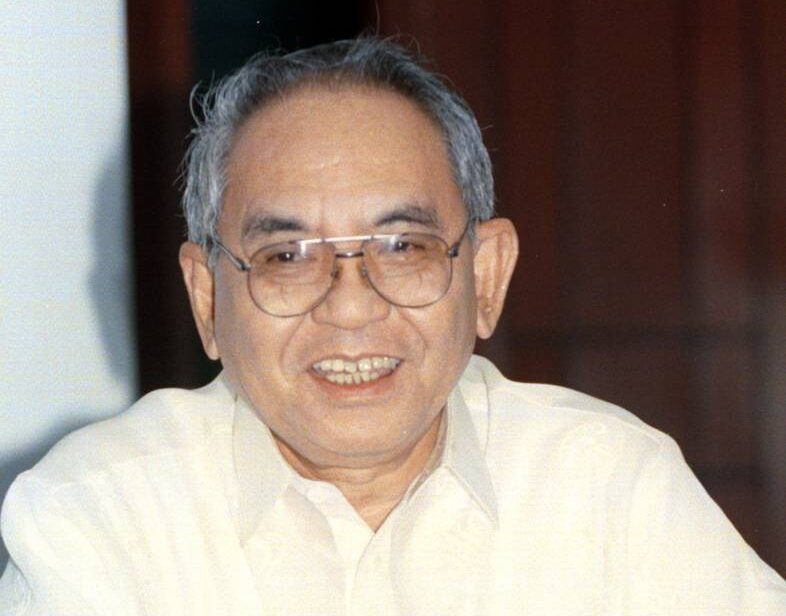
Francisco “Dodong” Nemenzo Jr., renowned political scientist and one of the leading Marxist scholars in the country, died on Thursday. He was 89.
Nemenzo’s daughter, Lian Nemenzo-Hernandez, announced his passing in a post on Facebook where the family recognized her father’s legacy as a radical educator and for leading modernization initiatives when he served as 18th president of the University of the Philippines (UP) from 1999 to 2005.
“As the 18th President of the University of the Philippines, he left an indelible mark on the institution,” the family statement said. “He modernized the university and spearheaded initiatives that fostered critical thought and academic excellence.”
‘Fearless views’
Details of his memorial service will be announced soon, according to Nemenzo’s family and the UP System.
Before assuming the leadership of the country’s premier state university, Nemenzo was first and foremost a political activist.
“Dodong Nemenzo was a distinguished political scientist and Marxist scholar, known for his fearless views on Philippine society, politics and international affairs,” the family said.
“A leading leftist intellectual, Dodong practiced his ideals—and was incarcerated for his actions during the martial law regime of Ferdinand E. Marcos. He advocated unwaveringly for social justice and reform. And played leadership roles in political organizations and social movements.”
Diliman years
Nemenzo was married to Ana Maria “Princess” Ronquillo Nemenzo, a feminist and an antipoverty activist. Their three children—Fidel, Leonid and Lian—are all UP-educated with Fidel, a professor of mathematics, serving as the 11th chancellor of UP Diliman from 2020 to 2023.
Most of Nemenzo’s career in the academe was spent in UP where he first joined as a research assistant before becoming a professor of political science in 1957.
He earned his bachelor’s and master’s degrees in public administration in the state university and obtained his doctorate degree in political science from the University of Manchester.
After his incarceration during the Marcos dictatorship, Nemenzo returned to UP where he served as dean of UP Diliman’s College of Arts and Sciences from 1976 to 1981, then as faculty regent from 1988 to 1989.
From 1989 until 1992, he was designated as the third chancellor of UP Visayas before serveing as university president.
Educator
“Nemenzo’s presidency came at a time of national optimism as the Philippines entered the 21st century,” the UP System said in its tribute to Nemenzo.
His presidency in UP, it said, coincided with the centennial celebration of the Philippine Revolution, as well as during the “period of great anticipation, as both the country and the world looked forward to a fresh start following the economic crises of the 1990s.”
The university acknowledged that Nemenzo’s administration faced several challenges, including deteriorating facilities, low faculty pay and even globalization pressures affecting UP’s academic standing.
Nemenzo, according to the UP System, had always believed that a UP president should be an academic leader and not a businessman.
He turned this belief into reality by focusing on the university’s modernization “to make it competitive in the new millennium,” it said.
Nemenzo prioritized the upgrading of the university’s infrastructures by acquiring new equipment, improving libraries and laboratories, and promoting the use of technology, including internet connectivity across all UP campuses.
It was also during Nemenzo’s term when the university saw the revival of the UP Newsletter and the launch of the Forum, a broadsheet for the entire UP community.
‘Power of ideals’
The Forum was also a platform for Nemenzo where he regularly published his ideas and take on national and local issues, the UP System said.
“Through his leadership, Francisco ‘Dodong’ Nemenzo Jr. left a lasting impact on the university, guiding it through modernization while preserving its activist spirit,” the UP System said.
His family said: “Dodong Nemenzo’s life was a testament to the power of ideals and conviction. His contributions to academia and society will be remembered and celebrated by many.”
Education Secretary Sonny Angara, a UP alumnus, remembered Nemenzo as a “good friend” of his late father, former Senate President Edgardo Angara, who also served as UP president.
“President Dodong was a good friend of my late father and a dedicated educator,” Angara said. “We are saddened to hear of his passing as I’m sure the whole UP community will be as well.”




